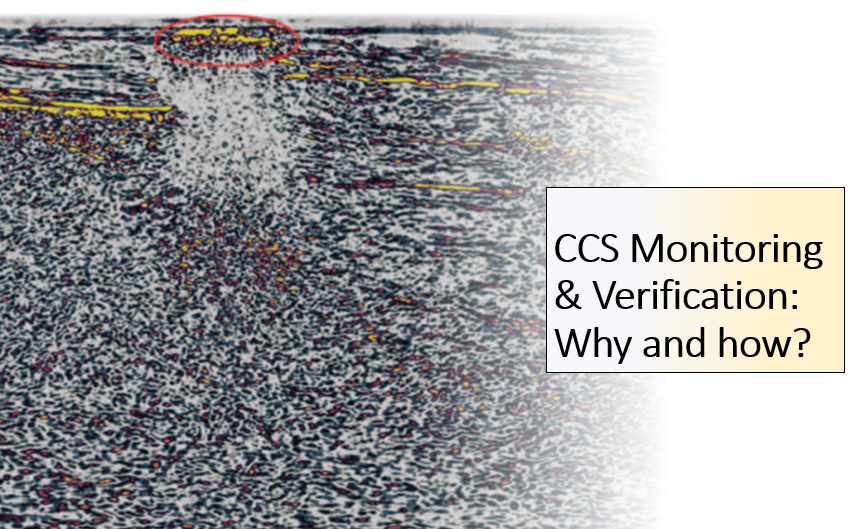
- This event has passed.
2023 PESA WEBINAR SERIES: CCS Monitoring and Verification: Why and How?

Kindly supported by Rock Flow dynamics 
This live webinar will take place at:
11am – Perth
12.30pm – Darwin, Adelaide
1pm – Brisbane, Canberra, Hobart, Melbourne, Sydney
Use the calendar link on this page to add this event in to your own calendar at the correct local time for your location.
Tickets are free for members (please log in to see this) and $10 for non members.
Please buy your tickets and immediately follow the link in the ticket e-mail (not the calendar invite or this webpage, which is just generic and not event specific) to set up your registration with the webinar software well in advance of the time of the talk. Once registered with the webinar software you will receive a reminder e-mail 1 hour beforehand.
CCS Monitoring and Verification: Why and How?
Presented by Hadi Nourollah (CO2CRC)
Abstract
Monitoring and verification of CO2 plume is essential in understanding the effectiveness and potential risks associated with carbon capture and storage (CCS). Despite some degrees of ambiguity in the regulations for the monitoring requirements, all regulators require that the operator to monitor the injection, migration and stabilisation of the plume. 20+ years of post-injection monitoring itself can be a costly task which requires careful planning.
The essence of monitoring lies in the continuous assessment of the behaviour and movement of the CO2 plume within the geological storage site. This includes measurements of pressure, temperature, and saturation (or their changes) of the underground reservoir where the CO2 is stored. By monitoring these parameters, the operator can ensure that the stored CO2 is being contained as intended and is not leaking into the atmosphere or triggering any unwanted effects such as seismic activity.
Verification, on the other hand, focuses on confirming the accurate placement and containment of the CO2 within the storage site. This involves the use of various monitoring techniques, such as seismic surveys, well logging, and pressure testing, to assess the integrity of the storage reservoir and detect any potential leaks or migration pathways. Verification is crucial in ensuring the long-term safety and reliability of CCS projects.
Monitoring plans are very site specific, but the learnings can be carried over to other projects. This talk aims to introduce some elements of risking that are to be considered for any monitoring plan and how they may be addressed.

